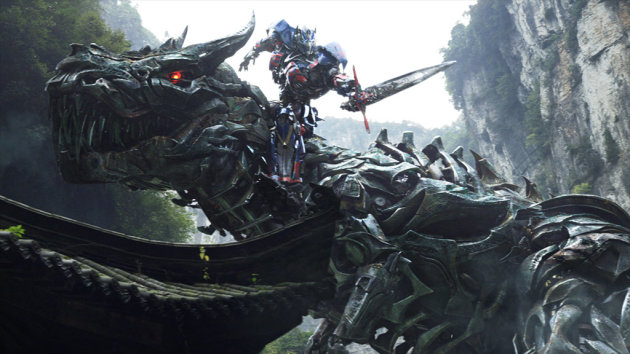I recently read this noxious and silly article in Slate, about how adults who enjoy popular fiction that is billed as Young-Adult should be embarrassed that they read and enjoy it.
The article is easily dismissible pretentious crap. The author comes off as someone who is bitter over her inability to write books that people want to read. Rather than accepting that she’ll never be more than a niche author, or learning how to be a better writer so she can appeal to a larger audience, she blames the world in general for not recognizing her brilliance.
Plenty of other people have already criticized or mocked the piece. (If you were aware of it at all before reading this blog post, it was probably because one of your Facebook friends was ripping it apart.) I’m writing about it because the piece inadvertently brings up a key point about story, and how it relates to both popular/young-adult novels and “classic”/sophisticated/pretentious literature.
At its basic level, a story is about a sympathetic character pursuing a difficult and meaningful goal. The story is the vehicle through which a movie or book conveys emotion to its audience. It’s what ties a book/movie together. Without that central story, it’s just a bunch of stuff that happens.
Story isn’t the only aspect of a book. There are many others, such as character development, style of writing, literary allusions, symbolism, theme, mood, atmosphere, morals, metaphors, point of view, interesting ideas, moral ambiguity, and probably fifty more that you can think of.
The key difference between “literature” novels and popular or YA novels is that the literature novels incorporate a lot more of these aspects into the writing. To the extent that these aspects are done well, they improve the book. That’s a good thing.
But the problem is that many of these “literature” type novels focus so much on the other aspects of writing that they don’t bother with an actual story. So the book ends up being just a bunch of stuff that happens, or even worse, a whole lot of nothing happening.
Without the story, most people aren’t able to truly engage with the book. And without that engagement, they’ll be too bored to appreciate any of the other literary qualities.
This doesn’t apply to everyone, of course. There are people who are capable of enjoying literary qualities without a story. But people who enjoy story-free literature will always be a small niche compared to the broader public.
(To be clear, I’m not saying this applies to all literature-style novels. There are plenty of pieces of classic literature with very strong stories. Brilliant works like To Kill a Mockingbird, 1984, Huckleberry Finn, or most of Shakespeare’s plays. These are works most people can enjoy.)
By contrast, YA books tend to lack these literary qualities. Without flowery language and symbolism to hide behind, all they have left is story. If they have a strong enough story, they’ll be enjoyable to the general audience. (Excluding pretentious twits who want to look down on books that normal people like.)
Going back to that silly article in Slate, it seems to revel in how superior it is for a book to *not* have a story. Praising some of the author’s favorite books explicitly because they have unlikable characters and a complete lack of a coherent ending.
That’s not to say she’s somehow wrong for liking those books. Her tastes are her tastes. Though I pity her inability to enjoy books most people like, I envy her ability to enjoy books most people would find boring. I also envy people with the ability to enjoy televised golf. In both cases, they have options for entertainment that would not be enjoyable to me, so they’re better off. Life is more amusing when you’re easily amused.
But having personal tastes that allow you to enjoy storyless literature, like having person tastes that allow you to enjoy televised golf, does not give someone any sort of moral superiority. And anyone that suggests it does deserves to be mocked.


